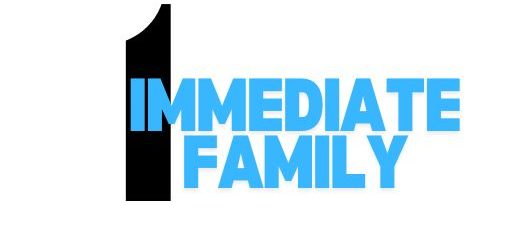It can be hard to budget for people who have an irregular income. Those who work commission-based jobs and freelancers can struggle with managing their expenses due to fluctuating cash flow.
Read More: 5 Unnecessary Bills You Should Stop Paying in 2024
Discover Next: 6 Things the Middle Class Should Sell To Build Their Savings
Approximately 36% of the total U.S. workforce are freelance and independent workers, according to data from McKinsey Consulting. That means a large majority of the population would benefit from learning how to budget with an irregular income.
This article will share wisdom from Jade Warshaw, a Ramsey Solutions financial coach who paid off $460,000 of debt. Warshaw published a TikTok video where she gives several tips on how to budget for those with an irregular income.
Here’s her advice for managing a budget with an irregular income.
The first step people should take when they have an irregular income is to look back at their earnings for the past year. Notice patterns, like if certain months are more profitable than others. Then, people should take the lowest income month and use that as a baseline to begin a budget.
By budgeting based on the lowest income month, people can be more conservative in their approach when planning their spending month to month. Chances are, they will earn more than their lowest month frequently, which means they’ll have money left over to save to help compensate for any dips in income over the year.
Learn More: I’m a Bank Teller: 4 Reasons You Should Withdraw Your Savings Right Now
The Ramsey team has an expression called the “four walls,” which represent the four most critical expenses in someone’s life. They are food, utilities, shelter, and transportation. So, Warshaw explains that after figuring out what the lowest income month might be on an irregular income, it’s time to budget in the four walls.
Each month, Warshaw says to take your budget and add in your rent or mortgage, food costs, utility costs, and transportation costs. If you have money left over, the next highest priorities are things like insurance, debt payments, and childcare in some cases.
Everyone’s situation might be different. For some, childcare expenses might be necessary to go to work. Choose the highest priority items for you and go from there.
A person’s initial budget and expense priorities are only the beginning. For the best results when managing an irregular income, people should track their cash flow throughout the month.





